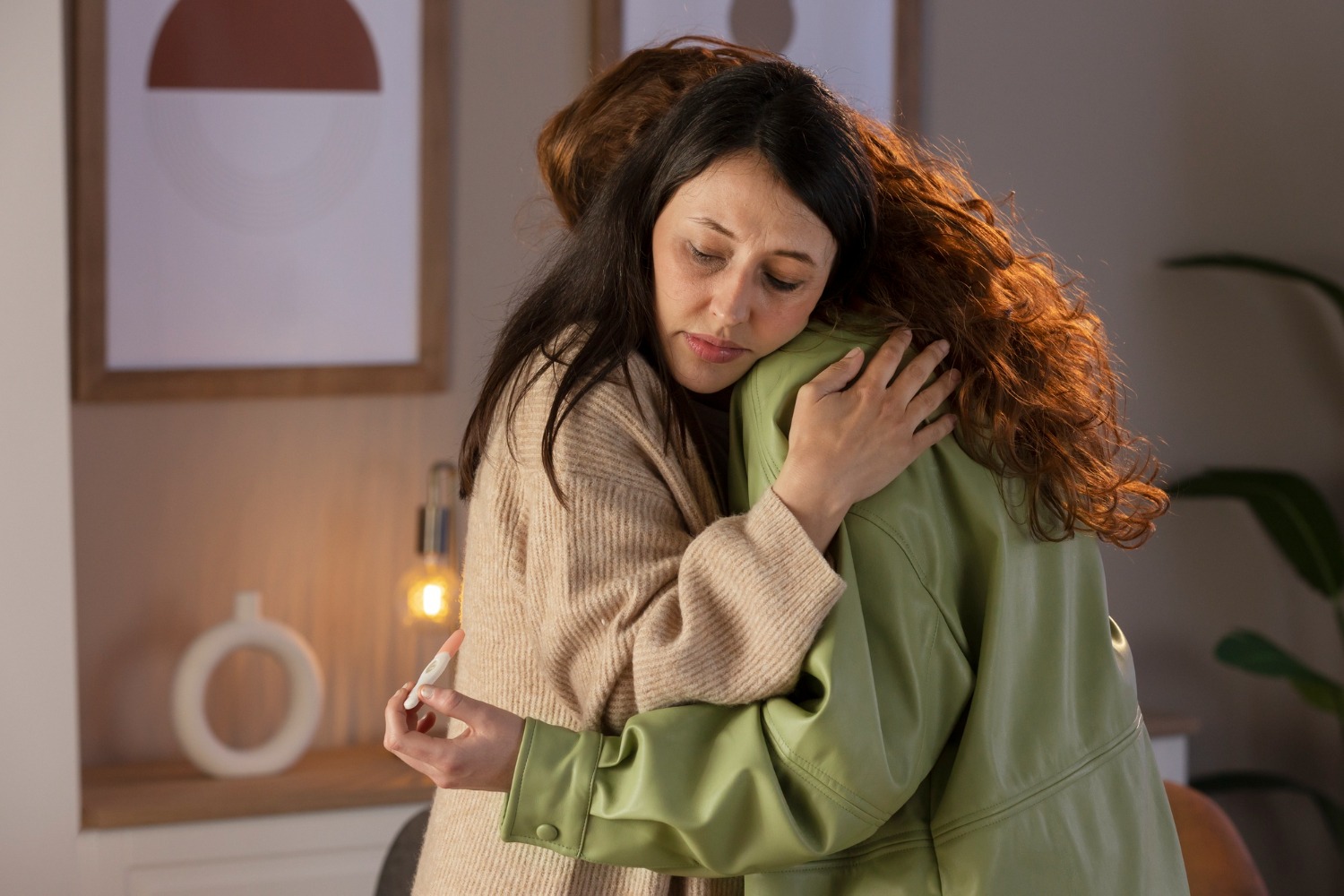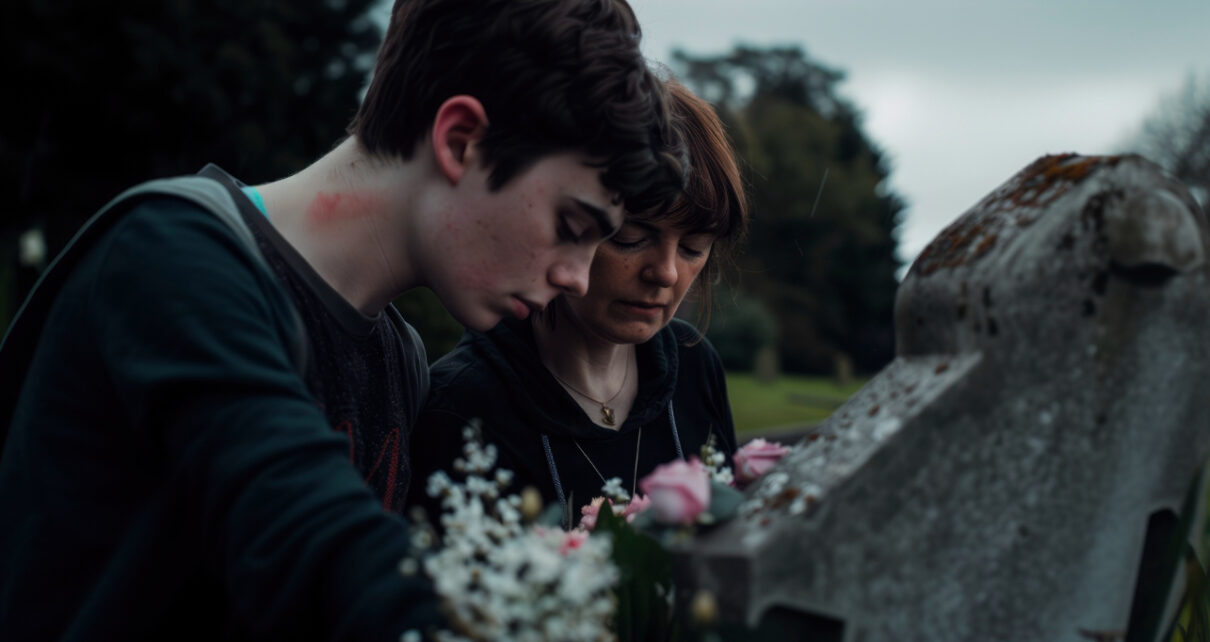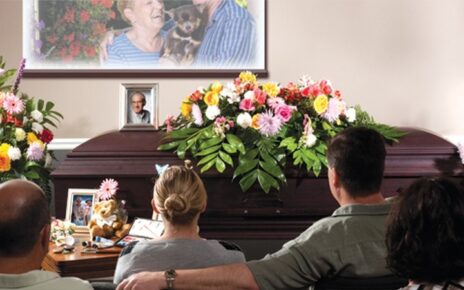Introduction: Understanding the Power of Rituals in Grief
In the face of loss, individuals often turn to rituals roles as a means of navigating the complex terrain of grief. These age-old customs serve as pillars of support, offering solace, and structure during times of profound sorrow. By examining the role of rituals in grief, we gain insight into their significance, both culturally and psychologically. From honoring traditions to fostering a sense of meaning, rituals play a multifaceted role in the grieving process.

The Cultural Tapestry of Grief Rituals
The role of death and mourning rituals has varied greatly throughout cultures and civilizations, but they all have one thing in common: they always involve expressing sadness and acknowledging loss. These rituals, which range from the ornate funerals of ancient civilizations to the private practices of modern communities, act as cultural touchstones, keeping the memory of the deceased alive and offering a structure for group grieving.
Honoring Tradition: The Importance of Rituals in Cultural Heritage
Rituals roles are deeply intertwined with cultural heritage, serving as a link between past, present, and future generations. Whether it’s the lighting of candles on All Souls’ Day or the recitation of prayers during a Shiva, these traditions connect individuals to their roots and offer a sense of continuity in the face of loss. By honoring age-old customs, we pay homage to those who came before us, ensuring that their memories endure.
Creating Sacred Spaces: Rituals as a Form of Healing
In the aftermath of loss, rituals create sacred spaces where grief can be openly acknowledged and shared. Whether it’s the gathering of family and friends for a memorial service or the planting of a commemorative tree, these rituals provide solace and support to the bereaved. By coming together in shared mourning, individuals find comfort in the collective embrace of community, easing the burden of grief through shared rituals of remembrance.
Finding Meaning in Loss: The Transformative Power of Rituals
While grief may seem overwhelming, rituals offer a pathway to finding meaning in the midst of sorrow. Whether it’s the creation of a memory book or the release of sky lanterns in honor of the departed, these symbolic acts help individuals make sense of loss and find purpose in the pain. Through rituals, we affirm the significance of the lives we mourn and find solace in the knowledge that their memory lives on in our hearts and minds.
Rituals in the Digital Age: Navigating Grief in a Virtual Landscape
In an increasingly digital world, rituals of mourning have adapted to meet the needs of a changing society. From online memorial pages to virtual candlelight vigils, technology has provided new avenues for expressing grief and connecting with others in times of loss. While these digital rituals may lack the tangible presence of traditional customs, they offer a sense of community and support to those who are unable to gather in person.
Conclusion: Embracing the Healing Power of Rituals in Grief
Rituals are like beacons of light on the grieving walk, showing the way to recovery and hope. These rituals provide consolation, support, and a feeling of purpose in the face of loss, regardless of whether they are based in cultural history or modified to fit the needs of the contemporary environment. We establish ties that last beyond death by upholding customs and establishing fresh rituals, guaranteeing that the memories of the people we love go on for many generations.




